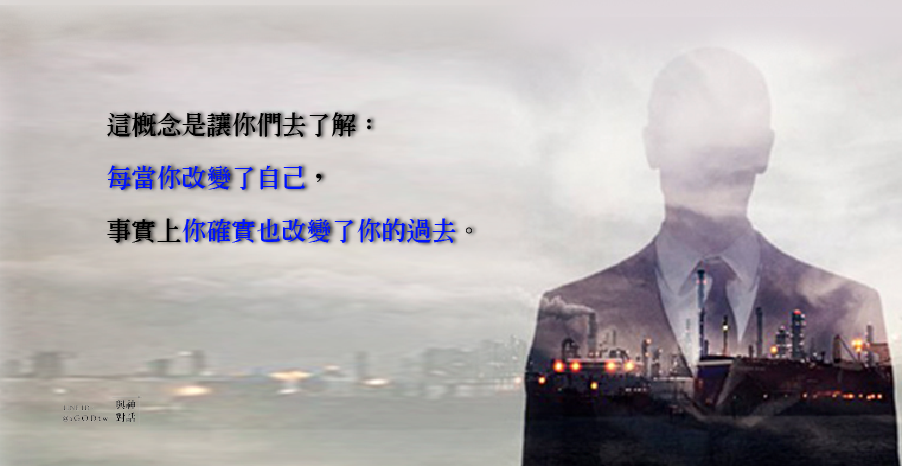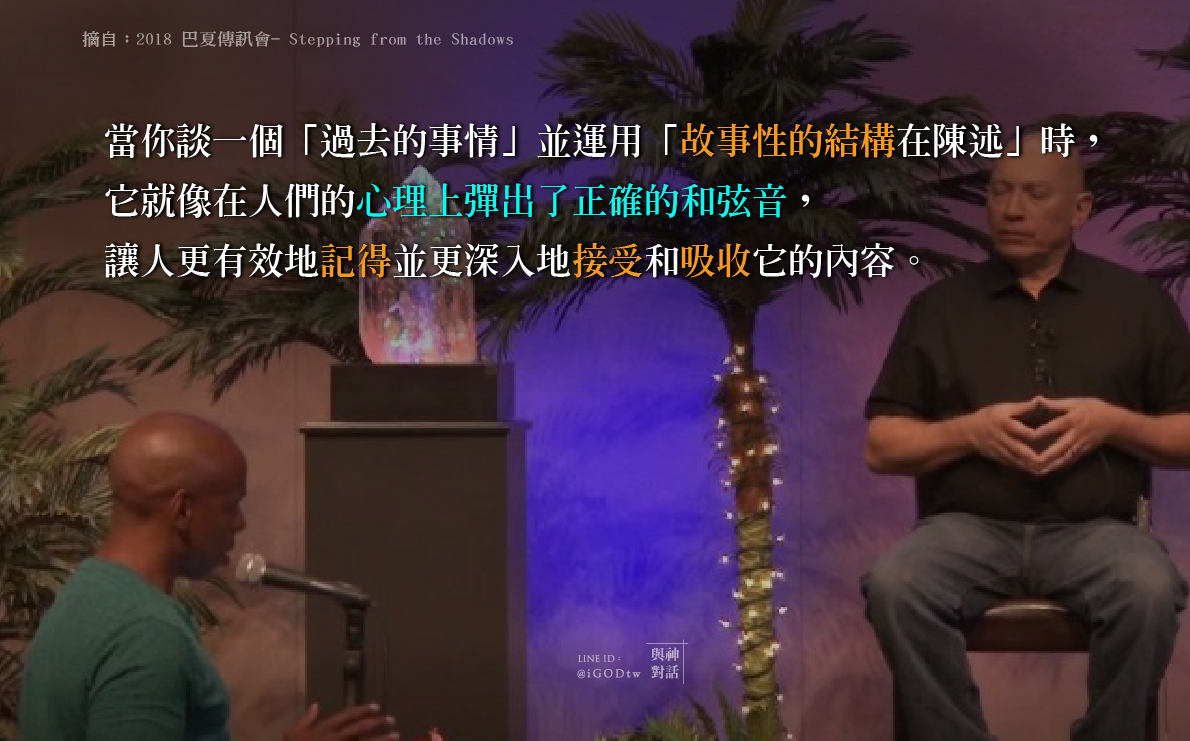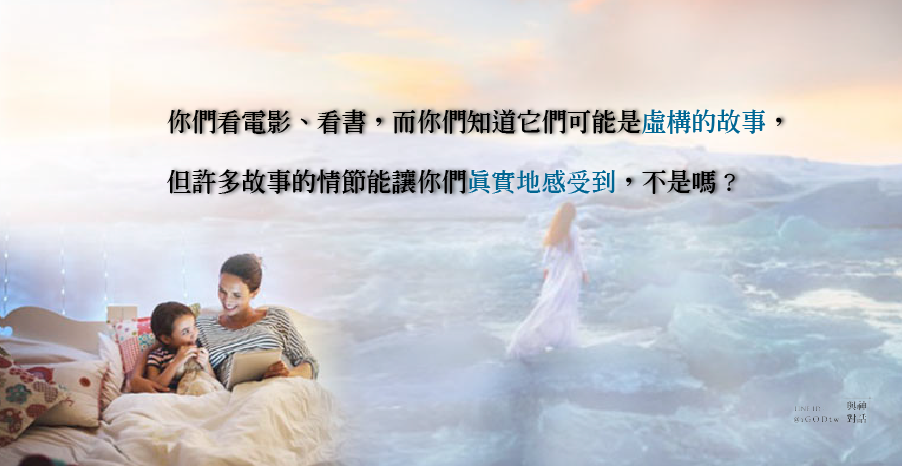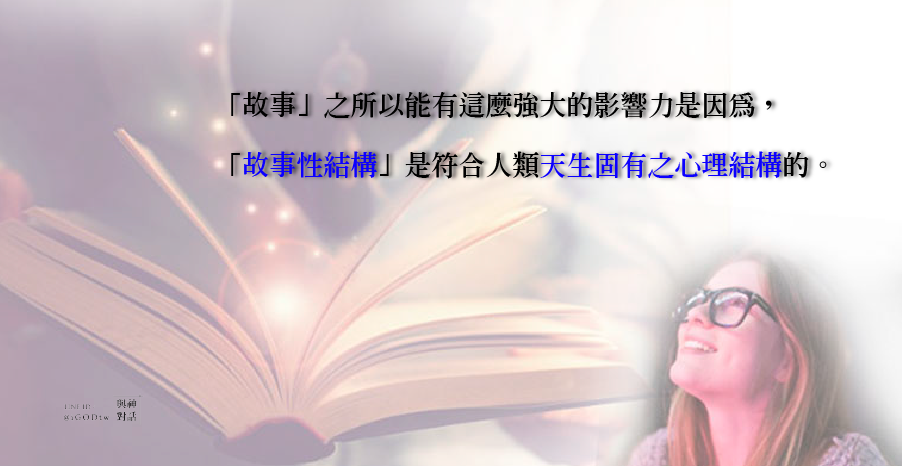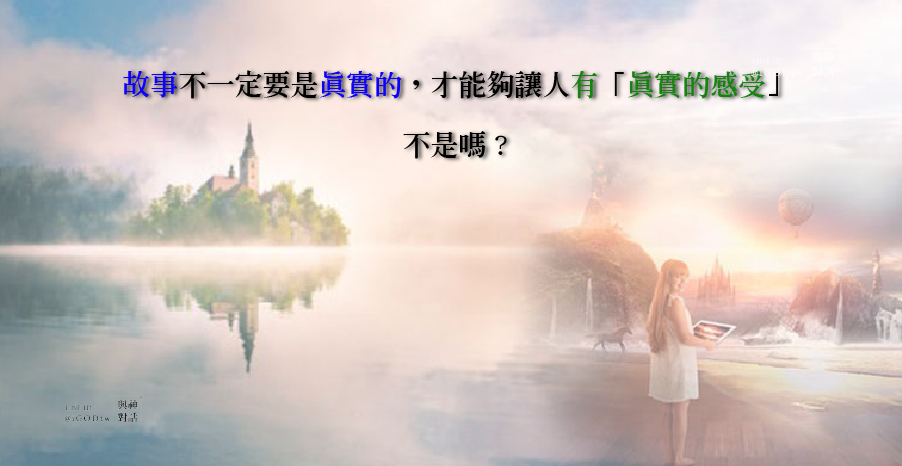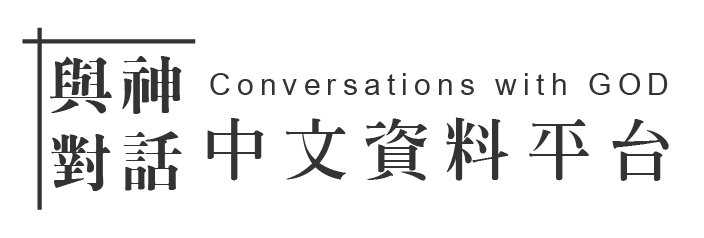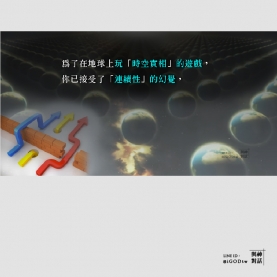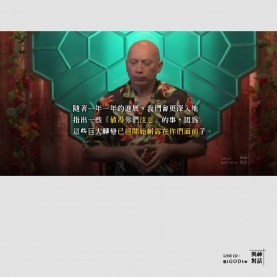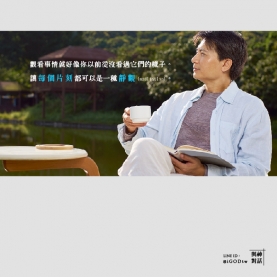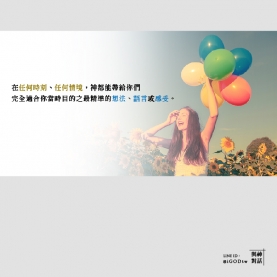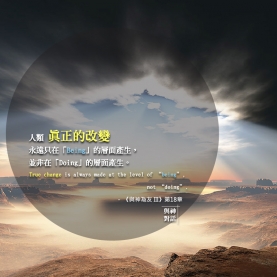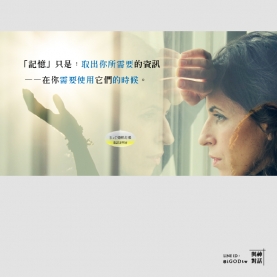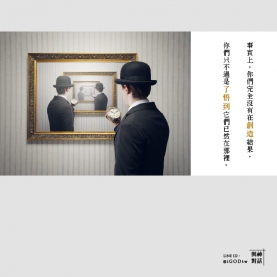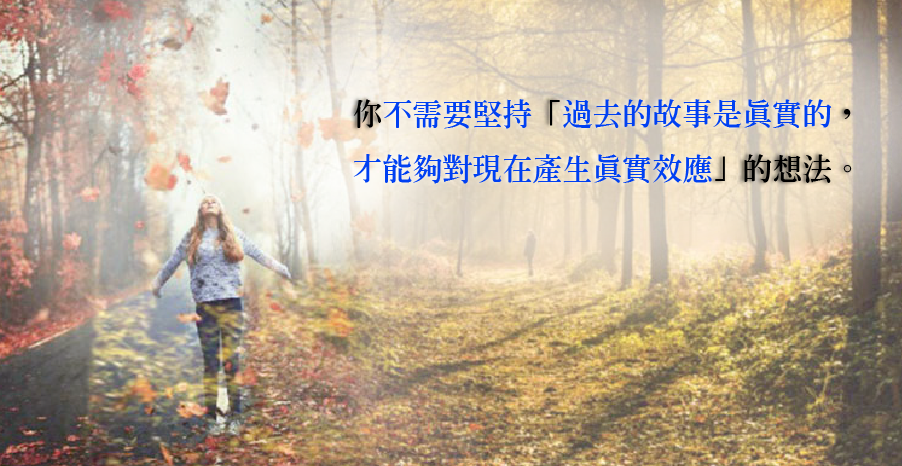
此段短片內容:
Q: 我最近常在思考的是,就非裔的美國人來看,有關「過去和未來同時存在之全像視角」的概念…
是。
Q: The idea of changing the past to align with a specific future.
Q: 關於「改變過去以和某特定未來相互調和」的概念。
Q: Let’s say, a future that is bright. That has lots of light and love in it.
Q: 比如說,一個充滿希望的未來。一個有許多的光和愛的未來。
Yes, means changing the present.
是的,那意思是你正在改變「現在」。
Q: Changing the present… So basically changing how we relate to the past.
Q: 改變現在……所以意思是,基本上是我們「如何改變與過去有相關聯性」。
Q: 那是否表示…實際地去創造出「過去所發生的事」的新故事的話,會有幫助?還是…
In a sense, yes, you can do that.
就某種程度而言,是的,你們可以那樣做(會有幫助)。
The idea also is to understand that every time you change yourself you do in fact literally change your past.
這概念也是讓你們去了解:每當你改變了自己,事實上你確實也改變了你的過去。
Q: And so what I’ve been doing is for my personal past, or the past of people that might have same skin color with me, or really anyone…
Q: 所以,我最近一直在做的,是為了我自己的過去,或者那些可能與我有著相同膚色者的過去,或其他任何人…
Yes.
是。
Q: I’ve been kind of feeling into the past…
Q: 我最近常常感受到一些過去發生的事情…
Yes.
是。
Q: And learning about the stories, and then I haven’t been changing the stories, but I don’t think my belief system can support that… But I…
Q: 並得知那些過去的故事,而我還沒有改變那些過去的故事。但是我不覺得「我的信念系統能夠支持」這想法…但是我…
Why not?
為什麼不?
Why not? Why not? Why not? Why not? Why not? Why not?
為什麼不? 為什麼不? 為什麼不? 為什麼不? 為什麼不? 為什麼不?
Q: Okay.
Q: 好吧。
Because you don’t have to insist that they’re true, for them to have the effect that they are.
因為,你不需要堅持「過去的故事是真實的,它們才能夠產生真實的效應」的想法。
Yes?
對嗎?
Q: Okay.
Q:好的。
That’s why you all tell so many stories anyway.
這就是為什麼,人類會講那麼多故事的原因。
You go to movies and read books, and you know that they might be works of fiction, but many of them feel emotionally true, don’t they?
你們看電影、看書,而你們也知道它們可能是虛構的故事,但許多故事的情節能讓你們真實地感受到,不是嗎?
Q: True, yeah.
Q: 確實,沒錯。
That’s sufficient.
那樣就足夠了。
Q: Okay.
Q: 好。
Q: So, I can use stories to paint a picture that elicits a certain emotion?
Q: 所以我可以用過去的故事,來描繪「引發出某種情緒」的情境嗎?
Absolutely.
一點沒錯。
Q: And then people I’m talking to trigger…
Q: 而那些在和我溝通的人…會被引發…
And the reason, as we have said several times, that that’s so powerful is because story structure is innately built into your psyche.
答案就如同我們多次重述的,「故事」之所以能有這麼強大的影響力是因為,「故事性結構」是符合人類天生固有之心理結構的。
Story structure is not something you invented. Story structure is something you discovered.
故事性的架構並不是你們「發明」的;故事性的架構是你們「發現」的。
And so when you tell a story and use story structure, it’s like you’re plucking the right chords in your psyche to remember that information more efficiently, and take it in and absorb it more deeply.
所以,當你談一個「過去的事情」並運用「故事性的結構在陳述」時,它就像在人們的心理上彈出了正確的和弦音,讓人更有效地記得,並更深入地接受和吸收它的內容。
Story structure allows you to transmit information more efficiently.
故事性的架構能讓你們更有效率地傳達資訊。
That’s why stories stick.
這是為什麼故事的內容常會在人們心中韻存。
And so many stories have been around for so long is because they follow story structure and people never forget them.
許多故事之所以能夠長久被流傳,是因為它們依循了這「故事性架構」的道理,而讓人們永遠不會忘記它們。
If you miss certain beats in the story structure, the story doesn’t feel as authentic.
假如你在你的故事架構中遺漏掉某些節奏,你的故事就不會讓人有真實的感受。
It doesn’t have to be true to feel authentic.
故事不一定要是真實的,才能夠讓人有「真實的感受」。
You understand?
你懂嗎?
Q: Yeah thank you. It’s really helpful.
Q: 是的,謝謝你。你的解說真的很有幫助。
And besides, even though the story may not necessarily be…, let’s just say rather than true, where it may not be relevant for your reality exactly.
此外,即便故事並不一定需要是…這麼說好了,不一定要是真實的,它可能不大會與你的實相有關連。
It still can have universal themes that are experienced somewhere in creation realistically.
它(故事)還是可以有個眾所周知主題,並在(某些人的)某些實相中寫實地被體驗。
Q: Okay.
Q: 好的。
And therefore you’re drawing upon that.
而以此方式,你正在描繪吸引它。
Yes?
懂嗎?
Q: Yeah, thank you. That’s cool! Okay.
Q: 我懂,謝謝你。這很棒! 好的。
